

Session 1: Best Practices and Advanced Topics
Julie Kowalski, Lab Director, 1st Choice Labs
Cannabis testing has matured in recent years but there are still many opportunities to explore and improve as cannabis science evolves. This talk will make the case that understanding fundamentals of the techniques used is critical to establishing suitable methods that will not stumble and fail when implemented for daily use. And when methods do stumble, fundamental knowledge is key to successfully handling the (un)expected challenges. Primary understanding also allows one to improve upon and challenge current norms. Examples of applying basic analytical chemistry knowledge to design, improve, validate and troubleshoot cannabis methods will be discussed.
Session 1: Best Practices and Advanced Topics
Edward A. Palumbo II, Senior R&D Scientist, Arcaea
Currently, there is a U.S patent granted for the process of administering high-CBD hemp extract to Western honey bees (Apis mellifera) through their food; the process results in raw honey infused with low milligram quantities of phytocannabinoids. The Western honey bee possesses several isoforms of CYP450 enzymes, CYP6 and CYP9, which are responsible for the oxidative metabolism of flavonoids, nicotine, and other xenobiotics consumed by bees. Based upon published pharmacokinetic studies, CBD is metabolized by CYP450 enzymes into both 7-COOH-CBD (MW: 344.44) and 7-OH-CBD (MW: 330.5). The resulting honey possesses both primary and secondary CBD metabolites, 7-OH-CBD and 7-COOH-CBD, respectively, along with untransformed phytocannabinoids from the fed extract.
A reverse phase method was used to quantify the amount of each constituent on an Agilent 1290 UHPLC coupled to a 6470B Triple Quadrupole Mass Spectrometer (MS/MS).
A full phytocannabinoid method was developed to measure trace amounts of phytocannabinoid and phytocannabinoid metabolites in several raw honey samples.
Method Validation experiments, including spike recoveries, were performed using target compounds, and showed high specificity, precision, accuracy, and linearity.
The hemp or cannabis extract feed material chemotype is mirrored in the resulting honey based upon these analyses.
Session 1: Best Practices and Advanced
Christophe Deckers, Application Scientist, Sample Preparation. Agilent
As more edibles, beverages and topicals become commercially available, the accurate and robust quantification of cannabinoids in these challenging samples becomes more critical. In this short 25 minutes webinar, learn how to simplify your sample preparation in order to get better potency testing in difficult samples with less instrument maintenance.
Session 1: Best Practices and Advanced Topics
Jean-Francois Roy, Mass Spectrometry Application Scientist, Agilent
As the cannabis market is expanding worldwide, many producers and testing labs are facing increased needs for accurate and highly robust potency testing. This market expansion comes with an expanded landscape of products to be tested for potency, which has prompted investigation on ways to improve and adapt analytical methodologies to these new products. This webcast will discuss various potential approaches to tackle these analytical challenges for potency testing.
Ask the Experts
Interactive Master Class Certification
Cannabis compliance testing is a complex set of analyses that requires expertise in not only many analytical platforms but also in a wide variety of sample matrices. This is made more complex by the variation in the regulatory standards across jurisdictions. In this session, you will learn about several of the key analytical workflows and how you can implement strategies and best practices in your lab to promote success.
Session 2: Certificate-Based Cannabis Testing Master Class
Benjamin J Southwell, Assistant Professor of Bio-Analytical Chemistry, Lake Superior State University
Session 2: Certificate-Based Cannabis Testing Master Class
Jean-Francois Roy, Mass Spectrometry Application Scientist, Agilent
Session 2: Certificate-Based Cannabis Testing Master Class
Ron Honnald, Ph.D., GC/GCMS Application Scientist, Agilent
Simon Jones, Ph.D., GC/GCMS Application Scientist, Agilent
Session 2: Certificate-Based Cannabis Testing Master Class
Jenny Nelson, Applications Scientist, Agilent
Craig Jones, Application Scientist, Agilent
Session 2: Certificate-Based Cannabis Testing Master Class
Heather Ebling, Applications and Support Manager, Medicinal Genomics Corporation
Ask the Experts
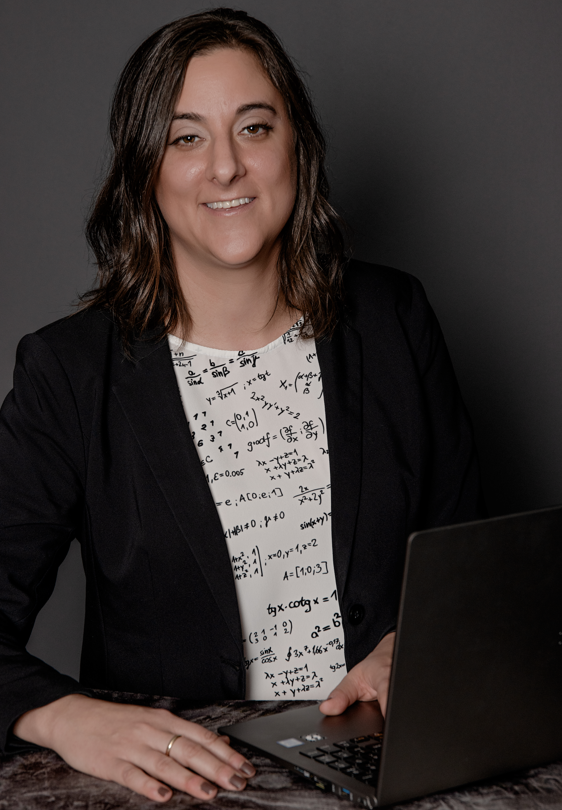
Lab Director, 1st Choice Labs
Julie is the Lab director at 1st Choice Labs, a cannabis testing laboratory in Michigan. She is also a technical consultant serving the cannabis and hemp testing markets. Her professional experience includes troubleshooting, method development and validation for GC, GC-MS, LC, and LC-MS/MS. She previously served as Scientific Director and Chief Scientific Officer for a cannabis testing lab and began working with cannabis in 2011. She has previously served as the President of the North American Chemical Residue Workshop, served on AOAC Expert Review Panels, the Cannabis Scientific Task Force for Washington State and is currently co-chairing the AOAC CASP product Centric Working Group and a member of the AOAC CASP Proficiency Testing Advisory Task Force.
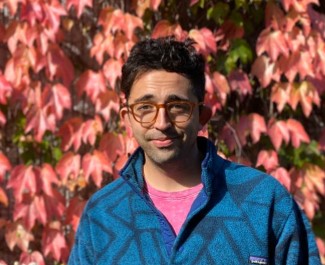
Senior R&D Scientist, Arcaea
Edward graduated from Davidson College with a B.S in Biochemistry in 2015. Having gained valuable experience with multi-step organic synthesis, purification, and characterization, he entered the burgeoning cannabis and hemp industries. While at Charlotte’s Web, he has worked as a Senior R&D Scientist. His day to day involves developing analytical chemistry methods, guiding preclinical and clinical research initiatives, and leading the innovative discovery phase of his company’s new product development pipeline.
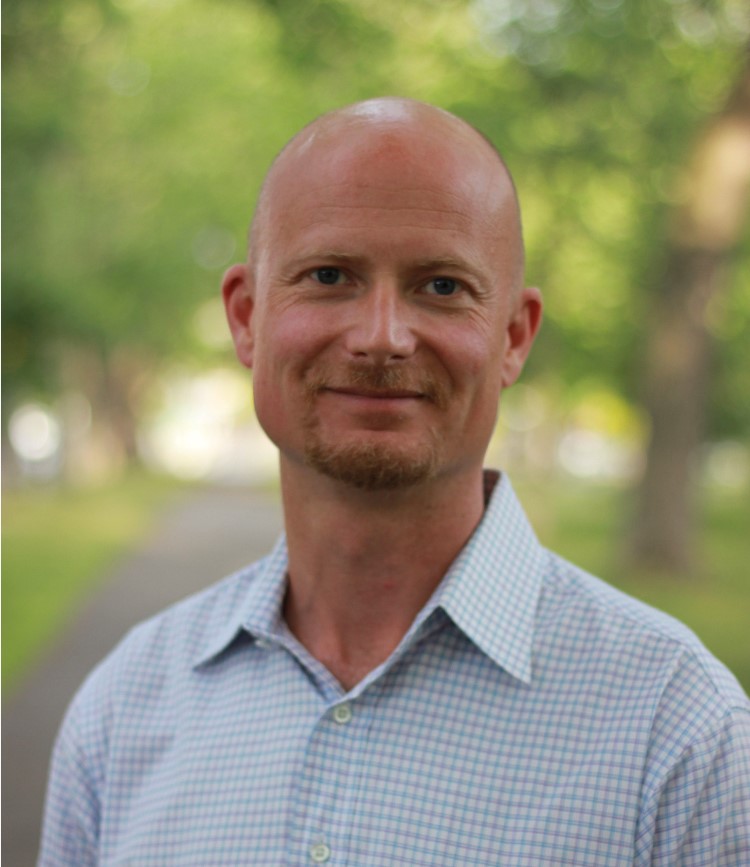
Application Scientist, Sample Preparation, Agilent
Christophe completed his Bachelor in Biochemistry at University of Quebec in Montreal. He was then introduced to fundamental research during his Chemistry Master’s degree in the leading Laboratory of Molecular Medicine directed by professor emeritus Richard Beliveau. He has previously worked at St-Justine’s Hospital, doing cancer research using multiple chromatographic and sample preparation techniques.
In his role of Application Scientist for sample preparation, Christophe supports Agilent customers in the USA and Canada. Christophe has more than 15 years of experience in sample preparation and is very passionate about it.
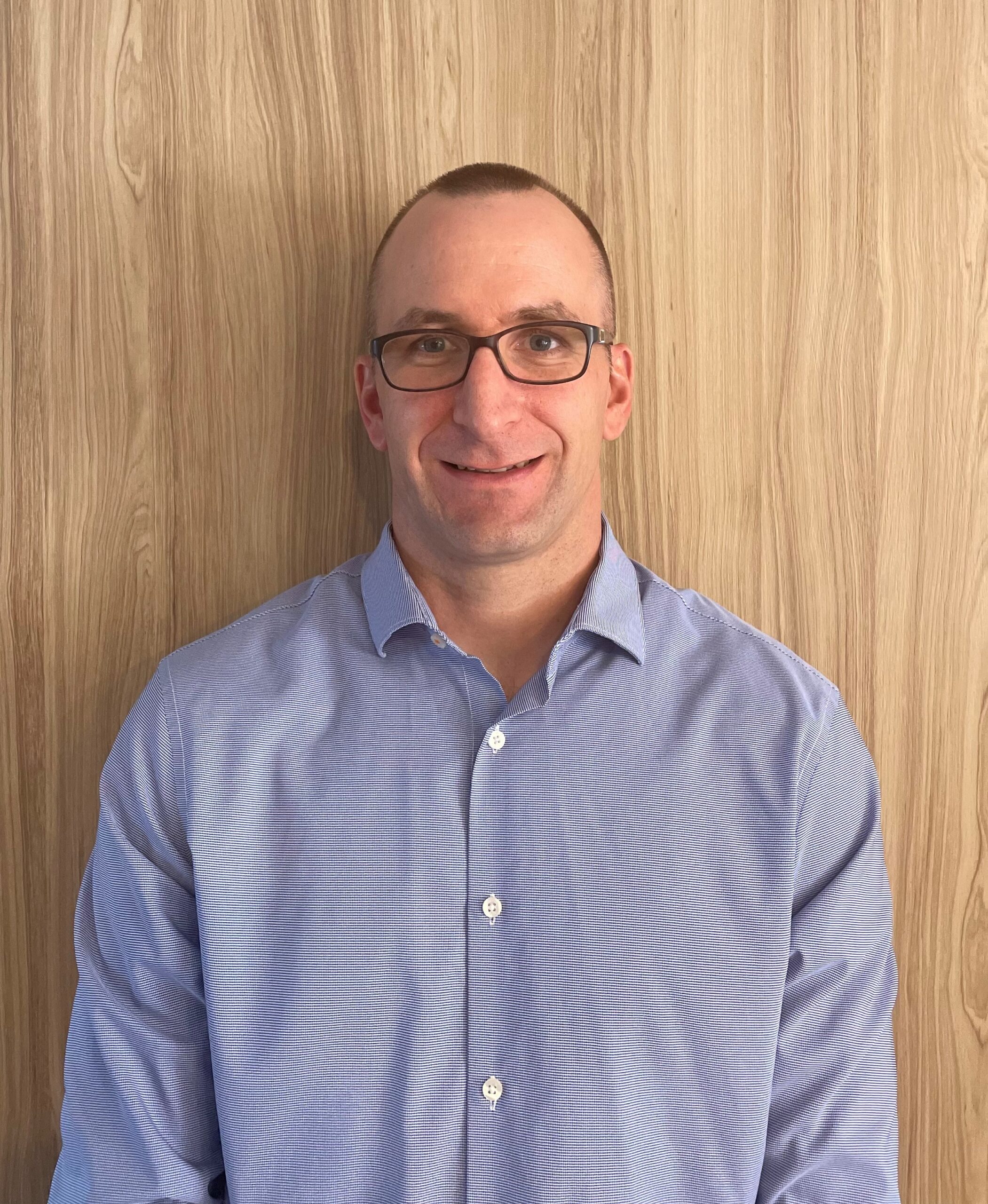
Mass Spectrometry Application Scientist, Agilent
Jean-Francois has worked at Agilent for the last 14 years, focusing on chromatography and mass spectrometry. His current role involves both pre- and post-sales work on various applications requiring mass spectrometry detectors, with a focus on the Canadian market. He is located in Montreal and has recently devoted much of his time understanding the challenges of cannabis testing in various matrices.
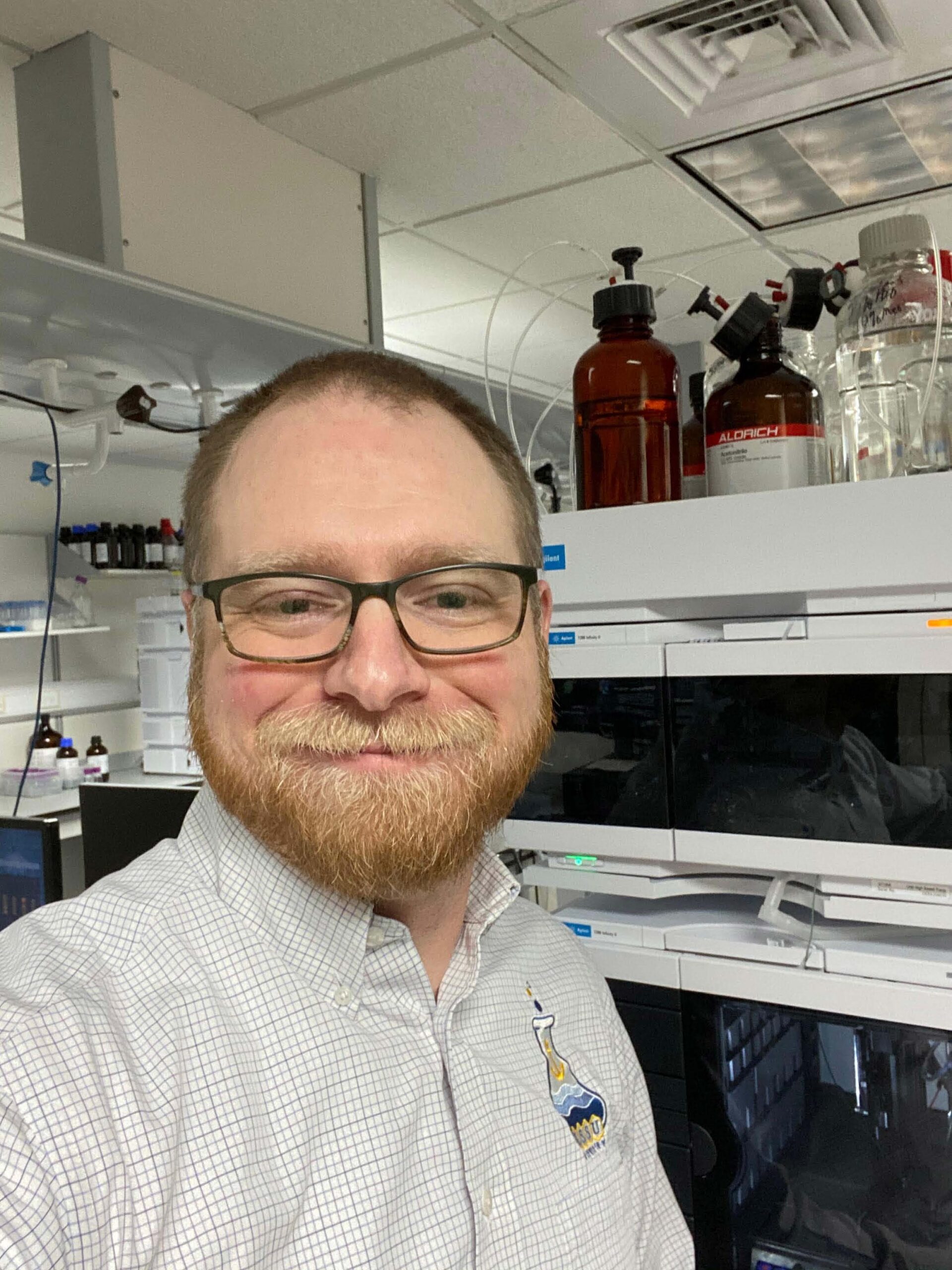
Assistant Professor of Bio-Analytical Chemistry, Lake Superior State University
Benjamin Southwell holds a bachelor’s and Master’s degree in Chemistry from Lake Superior State University (LSSU) and Central Michigan University, respectively. With over 15 years in an educational experience, he currently teaches courses in Forensic Science, Instrumental Analysis, and Cannabis Chemistry. Additionally, he manages Superior Analytics, a university supported commercial laboratory with a focus on cannabis and environmental analyses. His current research focuses on studying the analytics of cannabinoids and terpenes in cannabis products as the Coordinator for the LSSU Cannabis Center of Excellence.
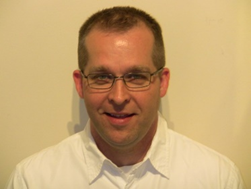
Application Engineer, Agilent
Brian Whiteley is an Application Engineer in the HPLC group at Agilent. Prior to joining Agilent, he spent over 20 years in the pharmaceutical industry with various companies within their discovery chemistry groups. His research has focused on the synthesis, purification, and analysis of compounds generated in library format. During that time, he was also responsible for establishing HPLC/MS and semi-preparative techniques to aid in drug synthesis/purification.
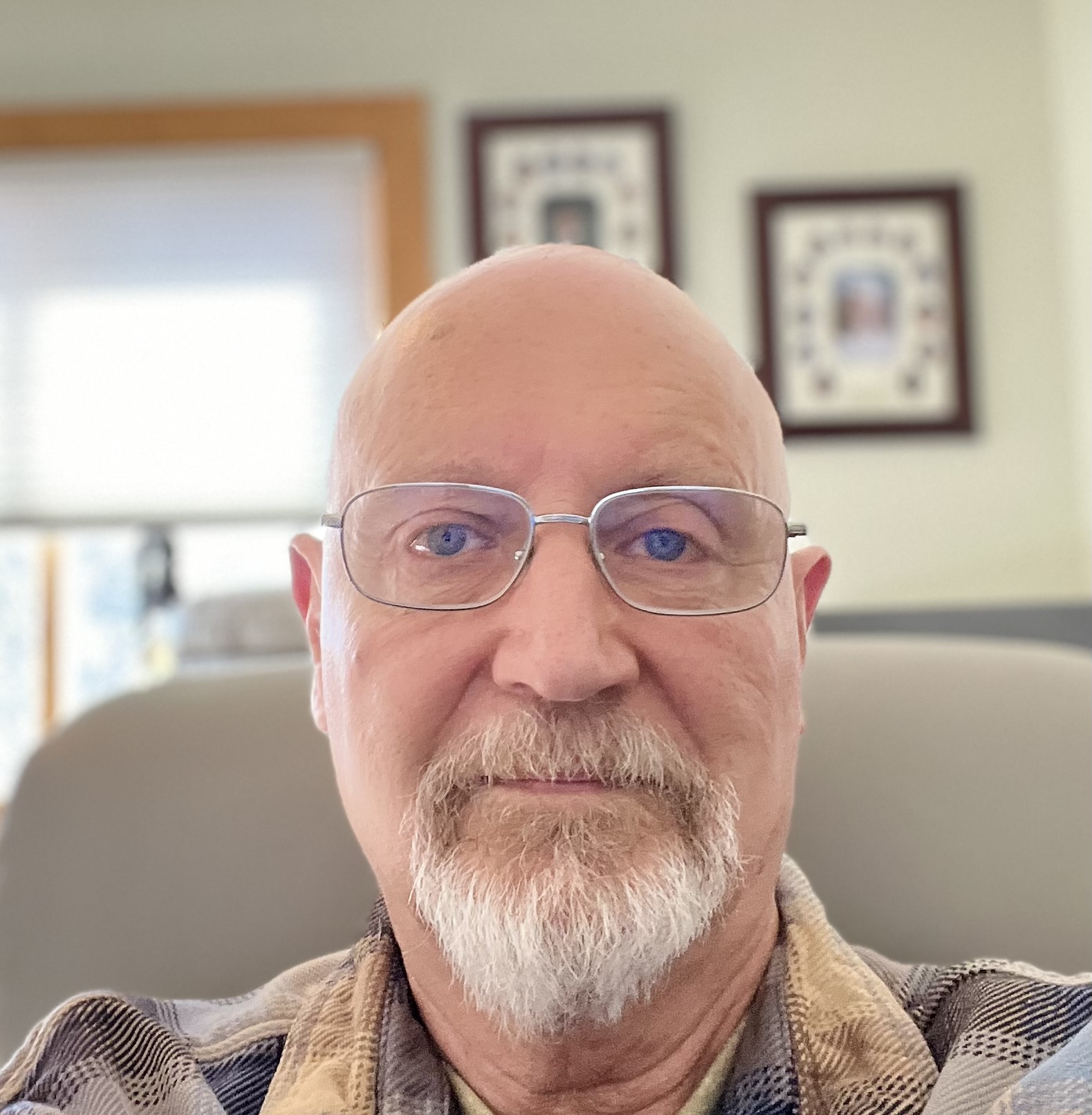
GC/GCMS Application Scientist, Agilent
Ron Honnold has over 51 years of GC and GCMS experience and is an Application Scientist at Agilent Technologies. He has experience as a Field Service Engineer, Service Manager, Sr GCMS Sales Specialist, Sr GCMS Application Scientist, and Customer trainer. He has facilitated the implementation of applications and methodologies for environmental, food, forensic, cannabis, and research customers. Prior to his role at Agilent Ron was a Sr Product Specialist at Varian.
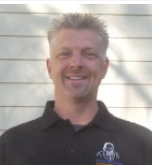
GC/GCMS Application Scientist, Agilent
Simon has been with Agilent Technologies for 15 ½ years as a Gas Phase Application Scientist based out of the GC column manufacturing facility in Folsom California. In this role he has provided customer assistance in developing methods and applications, as well as troubleshooting their GC and GCMS systems. Prior to working at Agilent, he spent 8 years working for the power industry optimizing methods for the analysis of insulating fluids and gases in transformers and oil circuit breakers.
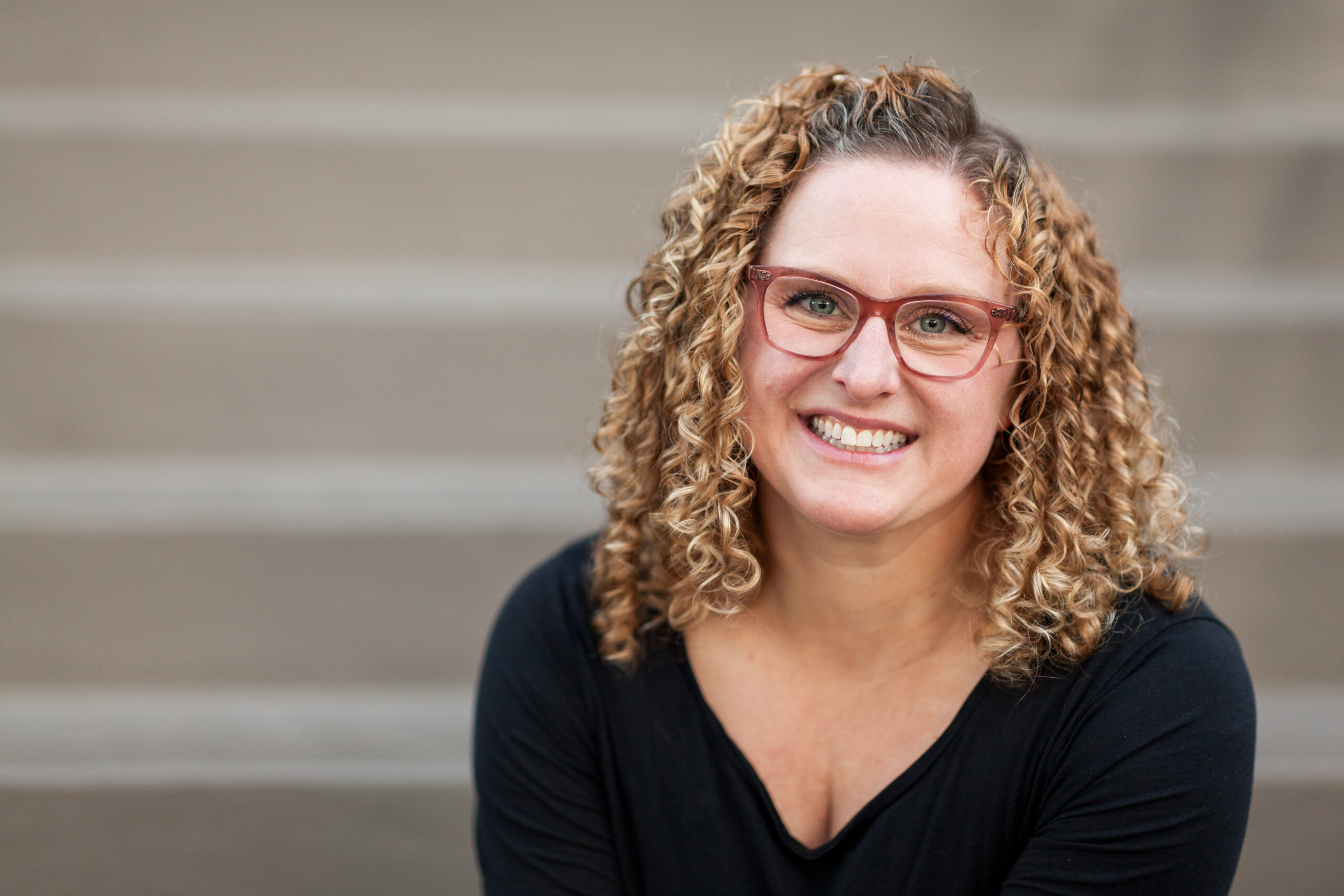
Applications Scientist, Agilent
Dr. Jenny Nelson is an Applications Scientist with Agilent Technologies specializing in Inductively Coupled Plasma Mass Spectroscopy (ICP-MS), Inductively Coupled Plasma Optical Emission Spectroscopy (ICP-OES), Microwave Plasma Atomic Emission Spectroscopy (MP-AES). Her broad knowledge of atomic spectroscopy has been applied to both AOAC and ASTM through her serving on expert review panels, chairing committees, and volunteering to develop new methods needed by the industry.
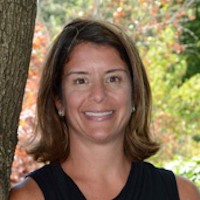
Applications and Support Manager, Medicinal Genomics Corporation
Heather Ebling is the Manager of Applications and Support for Medicinal Genomics Corporation and resides in the Boston Massachusetts area. Heather has been with Medicinal Genomics for 6 years. Previous to her time with MGC, Heather was a Field Applications Scientist for PerkinElmer where she supported various automation platforms and specifically catered to Next Generation Sequencing Sample Prep customers. Heather comes from an R&D background and spent several years at the bench before moving on to customer facing support roles. Heather received her Bachelor of Science degree in Biology from Florida Atlantic University.
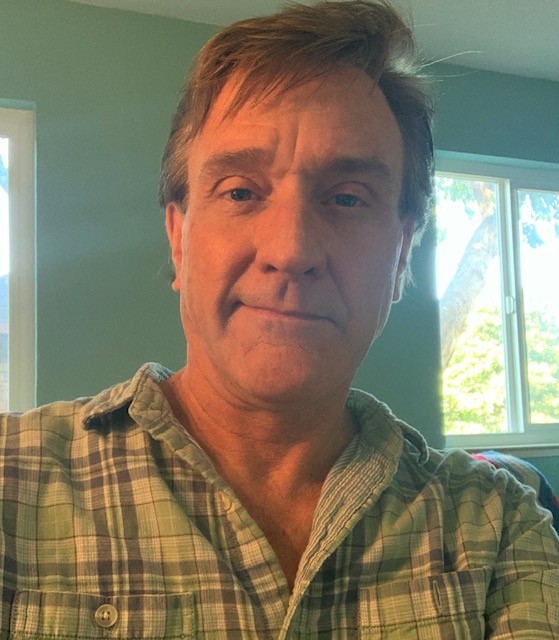
Application Scientist, Agilent Technologies
Craig has been with Agilent for over 15 years as an ICP-MS applications scientist. He has been involved with multiple type of applications for ICP-MS, including environmental, pharmaceutical, semiconductor, geologic, and clinical analyses, to name a few. Previous to Agilent He worked in an environmental lab performing analysis and supervising both the inorganic and organic sections of the laboratory. In his spare time, Craig enjoys volunteering at the local marine science center, mountain biking, hiking, and relaxing at the beach. Craig obtained a Bachelor of Science degree in chemistry from Fort Lewis College in Durango, CO.